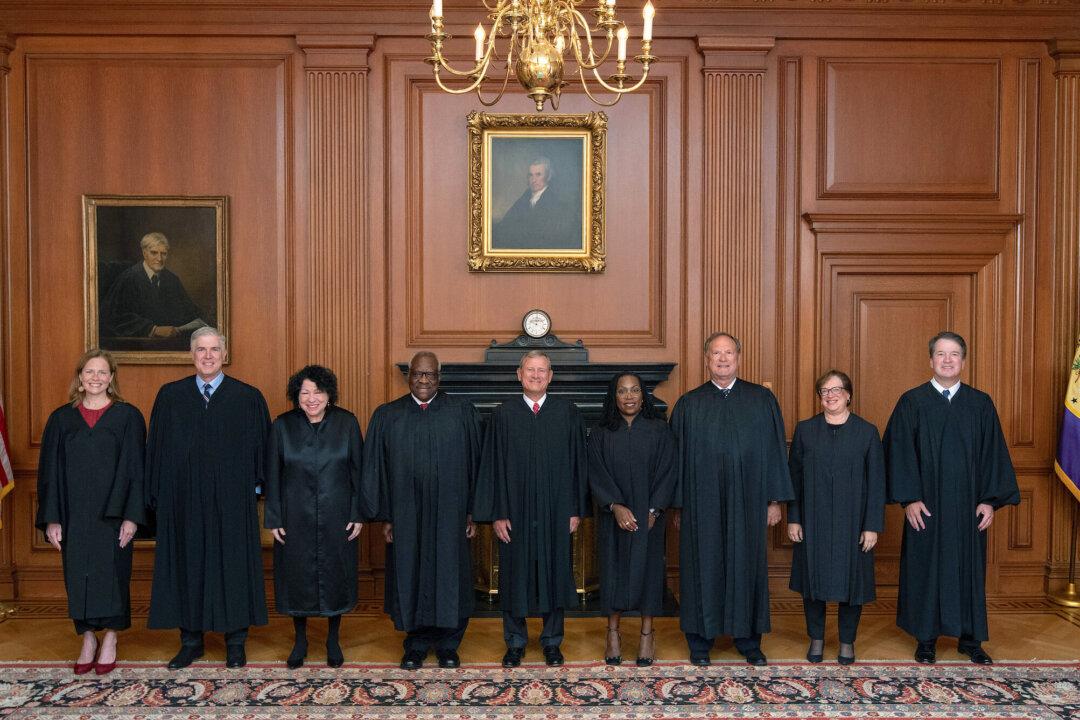The Supreme Court has agreed to decide whether Americans can sue government officials who block them on social media, an issue that also arose during former President Donald Trump’s time in office.
The Supreme Court’s ruling in the matter, which is likely to be heard in the court’s new term that begins in October, is likely to have an impact on all levels of government as citizens increasingly turn to social media to interact with public officials.





